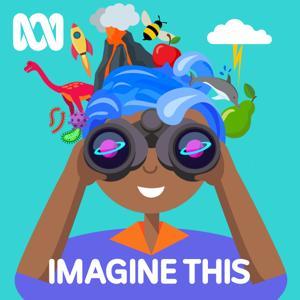Historically women have had a hard time being heard in the doctor's office, with dismissiveness and delays in diagnosis all too common.
The state government in Victoria has held an enquiry into women's pain to come up with recommendations aimed at shifting that experience to a more positive one.
Also, we get a better sense of what's nature vs nurture when it comes to our attributes and our disease risks.
And research suggests antibiotics, and their effects on the gut microbiome, could weaken vaccine response.
References
- The effect of shingles vaccination at different stages of the dementia disease course
- WHO issues global guideline on the use of GLP-1 medicines in treating obesity
- Product warnings updated for GLP-1 RA class - TGA
- Inquiry into Women's Pain - Victorian Government
- Govt backs green whistle during IUD insertion in response to women’s pain inquiry
- Estimation and mapping of the missing heritability of human phenotypes
- Bifidobacteria support optimal infant vaccine responses - Nature
- Antibiotics-Driven Gut Microbiome Perturbation Alters Immunity to Vaccines in Humans
- The Antibiotics and Vaccine Immune Responses Study (AVIRS) – people must be in Adelaide to participate!











































